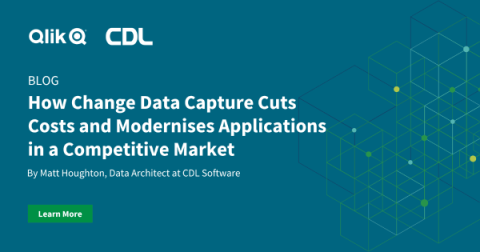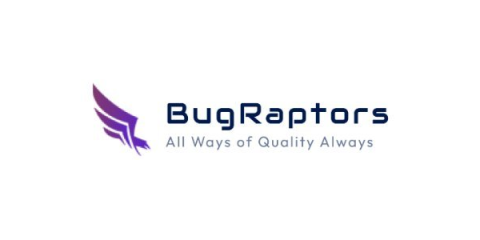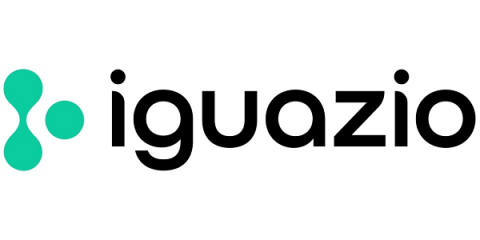Systems | Development | Analytics | API | Testing
Latest Blogs
Qlik's AWS re:Invent 2023 Journey: Real-Time Data Integration, Quality, and AI-Powered Analytics Unleashed!
Top AI Automation Testing Tools 2024
Introducing BigQuery cross-region replication: enhanced geo-redundancy for your data
BigQuery cross-region dataset replication allows you to replicate any dataset across regions, for additional geo-redundancy.
How to Handle CSV Files Over SFTP: Best Practices
Scaling MLOps Infrastructure: Components and Considerations for Growth
Private vs. Internal APIs: Similarities and Differences
Managing PDFs in Node.js with pdf-lib
Building Efficient Data-Driven Apps: A GraphQL Tutorial for iOS App Developers
GraphQL is a query language and runtime for APIs, developed by Facebook in 2012 and later open-sourced in 2015. And it has changed the way we fetch data from our server. Typically, most front-end clients – like React, Angular, Vue, or mobile apps like iOS and Android – use REST APIs to fetch data from the server. REST APIs require more HTTP calls than GraphQL, which leads to over and underfetching.
Generative AI in Insurance: How is Generative AI Helping in Risk Assessment and Claim Processing
Generative artificial intelligence represents a category of AI that utilizes generative models to produce text, images, or other forms of media. These models grasp the intricacies and structure of their input training data, enabling them to generate new data with similar characteristics. In insurance, generative AI plays a pivotal role in expediting digitization processes.











